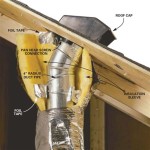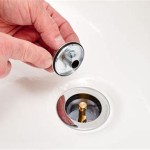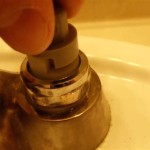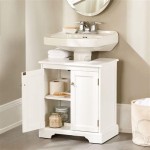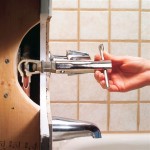Essential Aspects of Older Bathroom Sink Faucets
Older bathroom sink faucets, often found in homes and commercial buildings constructed before the late 20th century, possess unique characteristics that differentiate them from modern counterparts. Understanding these aspects is crucial for effective maintenance, repair, and replacement decisions.
Construction and Materials
Older faucets are typically constructed from brass or cast iron, which are durable and corrosion-resistant materials. However, over time, these materials can develop mineral deposits and tarnish, requiring periodic cleaning and polishing.
Valve Type
Older bathroom sink faucets commonly use washer-type valves, which feature a rubber or leather washer that creates a seal against the valve seat when closed. These valves require periodic replacement as the washer deteriorates, causing leaks or difficulty in turning the handles.
Spout Design
Older faucets have spouts with fixed or swiveling designs. Fixed spouts are stationary, while swiveling spouts allow for greater flexibility in directing water flow. Some older faucets also feature separate hot and cold spouts, which can be a desirable aesthetic feature.
Handle Style
Older faucets come with a variety of handle styles, including cross handles, lever handles, and knob handles. Cross handles require two hands to operate, while lever handles and knob handles can be operated with one hand. The choice of handle style is often based on personal preference and bathroom decor.
Drain Assembly
Older faucets may have pop-up or lift-and-turn drain assemblies. Pop-up drains are activated by a push button or lever, while lift-and-turn drains require the user to lift and turn the drain stopper to open or close the drain.
Maintenance and Repair
Maintaining and repairing older bathroom sink faucets requires some specific knowledge and skills. Regular cleaning with a soft cloth and a mild cleaning solution can help prevent mineral buildup and tarnish. If leaks or other issues arise, it's recommended to contact a qualified plumber for professional assistance.
Replacement Considerations
When replacing older bathroom sink faucets, it's important to consider the following factors: compatibility with existing plumbing, desired style and functionality, and budget. Modern faucets offer advanced features such as touchless operation, energy efficiency, and anti-scald protection, which may be desirable upgrades.
Conclusion
Understanding the essential aspects of older bathroom sink faucets is essential for effective maintenance, repair, and replacement decisions. Their unique construction, valve types, spout designs, handle styles, drain assemblies, and maintenance requirements necessitate a specific approach to ensure proper functionality and longevity.

Modern Bathroom Sink Faucet Collection Vintage Tub Bath

How To Switch Out A Bathroom Faucet Young House Love

Slant Back Faucet For A Vintage Bathroom Sink Where To Find One

4 Inch Center Bathroom Sink Faucets Suitable For A Mid Century Retro Renovation

Bathroom Faucet Types And How To Identify Them

Diy How To Replace A Bathroom Sink Faucet Remove Install

Slantback Lavatory Faucet Dea Bathroom Machineries

Old House Handyman Fixing Leaky Faucet Turns Into Family Affair

Led Waterfall Widespread Bathroom Sink Faucet Gold Finish With Light

Our New Bathroom Sink Faucets Fixtures Michaela Noelle Designs
Related Posts

